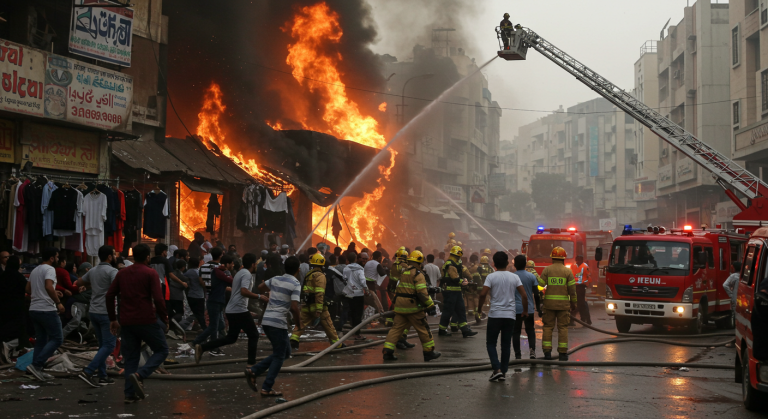China Restricts Civil Servants’ Dining Amid Xi Jinping’s Anti-Corruption Drive
Beijing has intensified its austerity campaign by imposing strict new limits on public servants’ social dining habits, following several deaths tied to alcohol consumption at official banquets. According to official notices and social media posts, some government employees are now prohibited from eating out in groups of more than three.
The revised guidelines, introduced in May, target extravagant spending by Communist Party members and government workers. The rules ban lavish feasts, unnecessary infrastructure projects, luxury office car upgrades, and decorative plants at meetings.
Analysts view this latest push as a reflection of President Xi Jinping’s long-standing efforts to promote discipline and curb corruption in the Party. Despite over a decade of regulation, officials say the earlier restrictions have proven inadequate.
“The alcohol culture in the bureaucracy remains a major issue,” said Alfred Wu, associate professor at the National University of Singapore. “This broad-stroke approach is a result of not being able to find a better solution.”
While China is simultaneously trying to stimulate domestic spending, the leadership’s top priority continues to be clean governance—even at the cost of consumer activity.
Triggered by Tragedy
The new rules follow three high-profile incidents since April, where officials died after heavy drinking during banquets in the provinces of Hunan, Anhui, and Henan. Investigations revealed efforts to conceal the incidents and offer hush money to the victims’ families. Dozens of officials have since faced disciplinary actions.
Stricter Measures Raise Concerns
In some regions, the enforcement of these rules has gone further. A recent social media post by a Communist Party branch in Anhui urged cadres to avoid dining with subordinates or superiors and warned against forming “exclusive circles” or meeting the same people repeatedly.
“When eating with colleagues, groups of three are generally acceptable,” the post stated, while also discouraging dining at upscale restaurants.
The crackdown has sparked rare frustration among civil servants online. One viral comment read: “If you eat alone, it’s called selfish; with two, it’s suspicious; with three, it’s forming a clique.”
Another official from Shandong complained that three colleagues were reprimanded after eating hotpot together.
Civil servants from various provinces shared stories of overreach: some were subjected to daily breathalyzer tests, others were ordered to head straight home after work. One employee in Shaanxi said they were even asked to remove plants from their office.
In Gansu, public employees were required to memorize a list of 20 banned dining scenarios, while an employee in Wuhan said they were forbidden from eating lunch with coworkers from other departments.
“Even inviting someone for a cheap meal at the office canteen is now seen as a violation,” one cadre said, citing strict party rules.
Some local inspectors have reportedly started calling officials at random, testing their knowledge of the regulations and threatening to report them if they fail.
Mixed Reactions
Not all regions are seeing extreme enforcement. Civil servants in Beijing, Guangdong, and Chongqing said their offices have applied the rules more reasonably.
Some public employees have actually welcomed the changes, saying it frees them from the obligation to drink or socialize with higher-ups.
These regulations build upon the 2012 “eight-point rules” that Xi Jinping implemented to control wasteful practices in government. The number of disciplinary cases has surged, with over 16,500 officials punished in April 2025 alone—up from just over 9,000 two months earlier.
